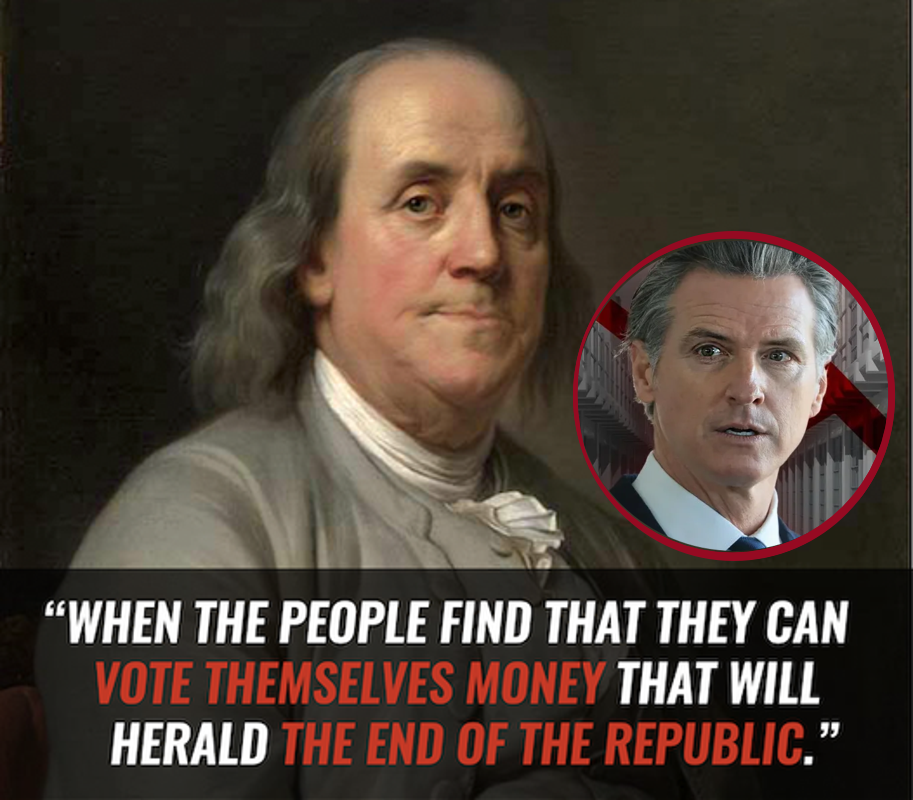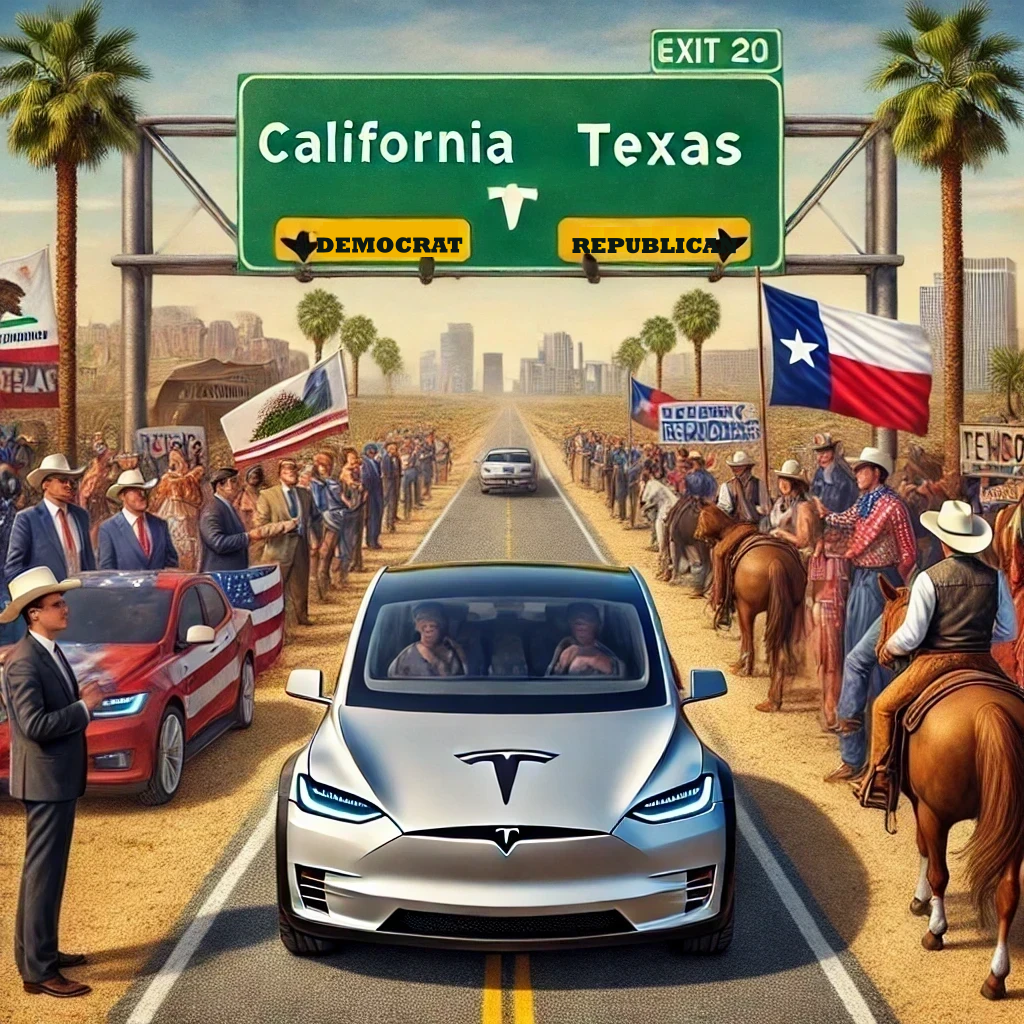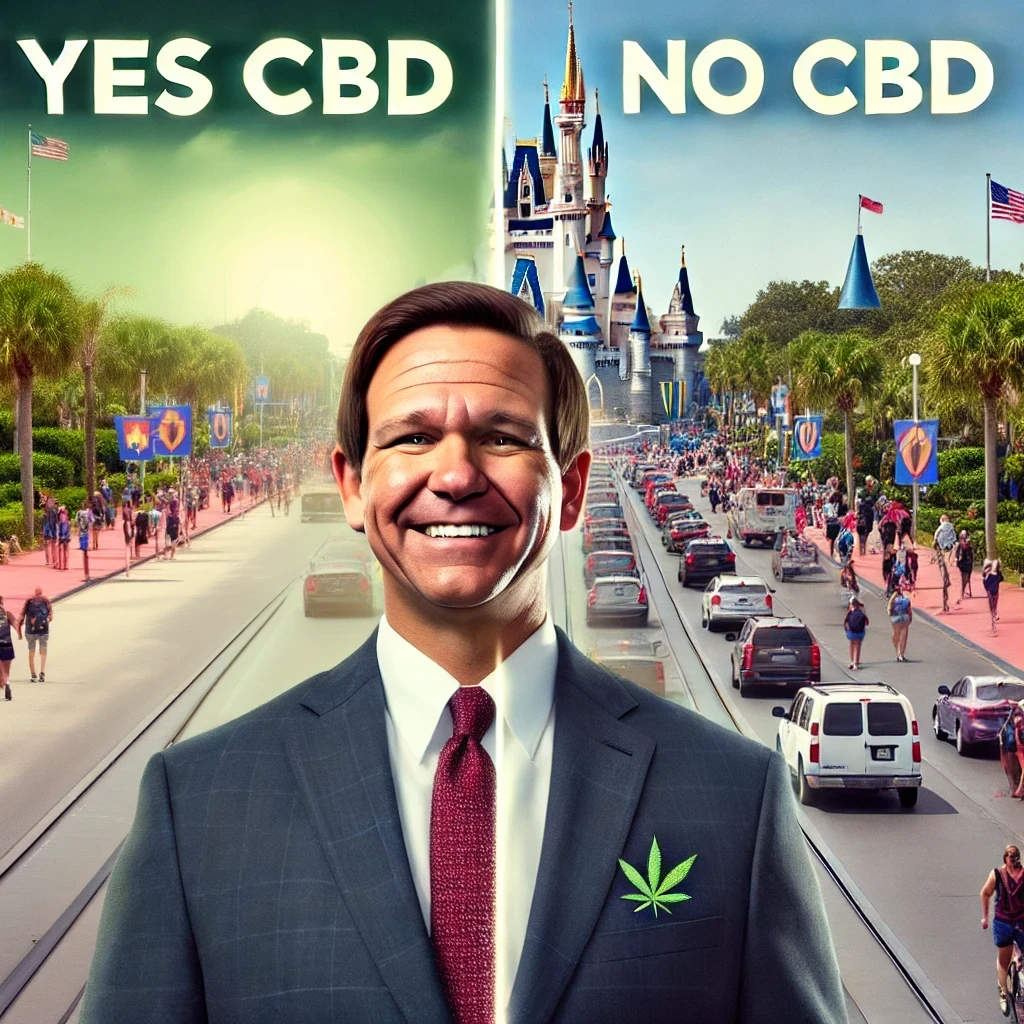In a landmark move, the California $18 Minimum Wage Initiative has officially qualified for the November 5, 2024 ballot. This initiative, if passed, would incrementally raise the state’s minimum wage to $18 per hour by 2026, with subsequent adjustments based on the cost of living. This proposal has garnered significant support, with a recent poll indicating that 59% of likely voters are in favor of the increase, while 34% oppose it, and 8% remain undecided.
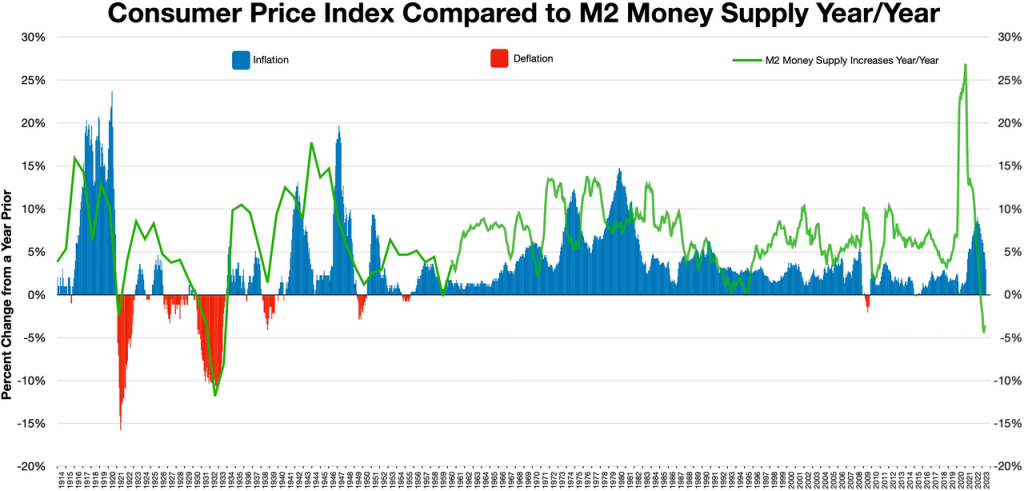
The initiative proposes a tiered approach to the wage increase. For employers with 26 or more employees, the minimum wage would reach $18 per hour by January 1, 2025. Smaller employers, with 25 or fewer workers, would see the increase take effect a year later, on January 1, 2026. Following these increases, the minimum wage would be adjusted annually based on changes in the U.S. Consumer Price Index (CPI-W), ensuring that wages keep pace with inflation.
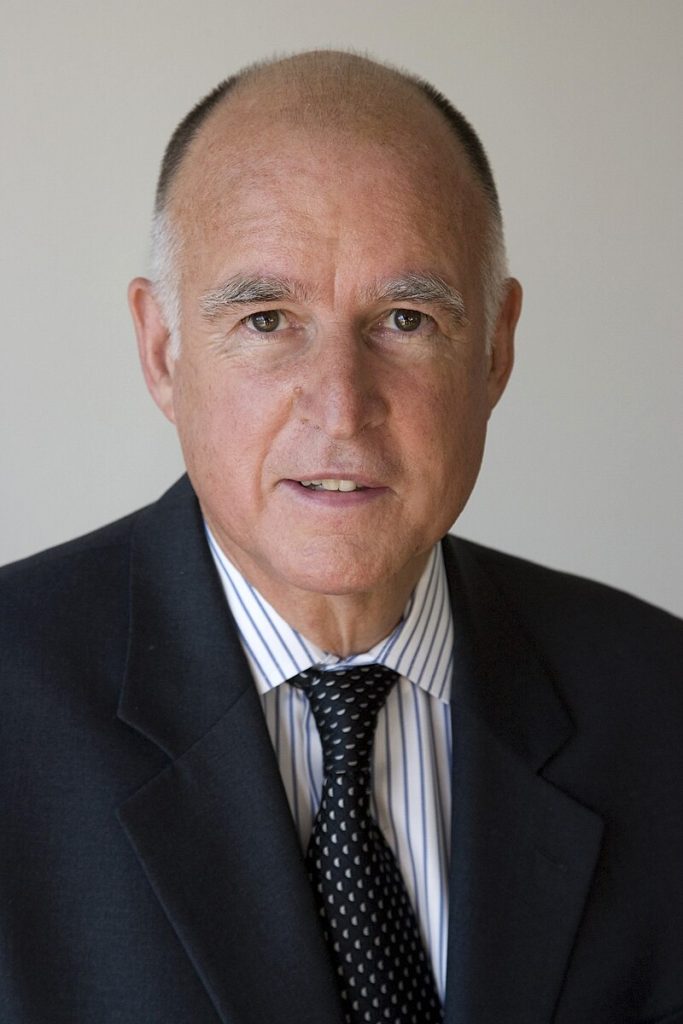
This initiative builds upon Senate Bill 3 (SB 3), which was enacted in 2016 under Governor Jerry Brown. SB 3 set a course for increasing the state’s minimum wage to $15 per hour by January 2022 for larger employers and by January 2023 for smaller employers. Since then, the minimum wage has been adjusted annually in accordance with inflation. However, proponents of the new initiative argue that the current rate is insufficient given the rising cost of living in California.
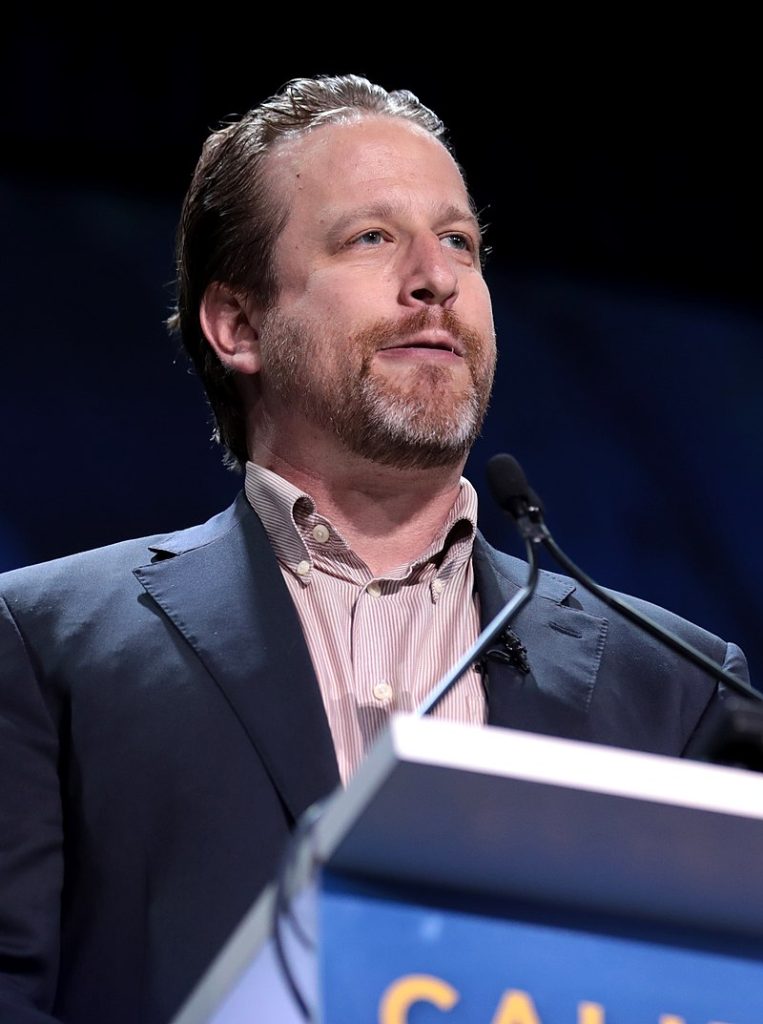
Joe Sanberg, an investor and leading advocate for the initiative, emphasizes the urgency of the proposal. “The time is now, because the pandemic has heightened the people’s understanding of the realities so many Californians face. Cost of living is rising faster and faster… but wages haven’t increased commensurately,” Sanberg stated. His campaign, Yes on California Living Wage Act, has raised $10.8 million to support the initiative.
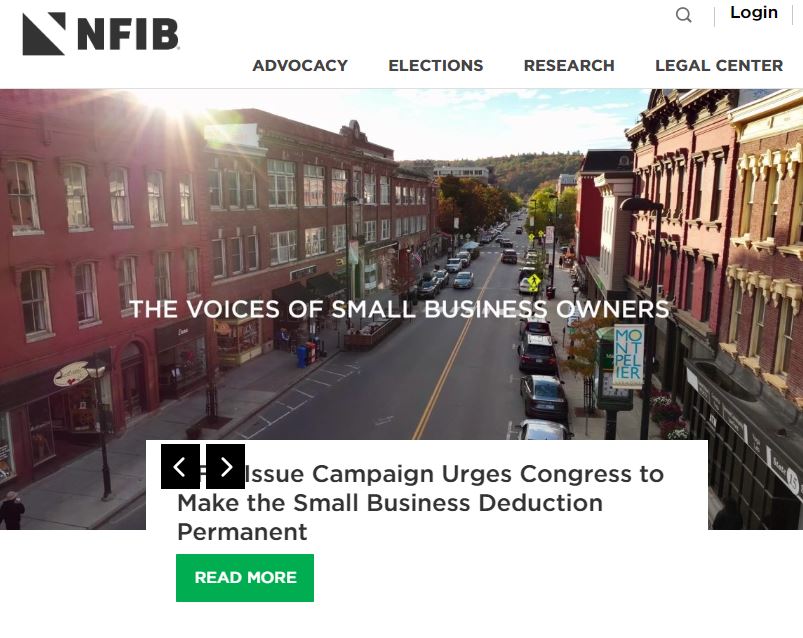
Despite the substantial backing, the initiative faces opposition. John Kabateck, state director of the National Federation of Independent Business, is a vocal critic. Kabateck argues that wage levels should be determined by market forces rather than legislative mandates. “Market, not politicians and bureaucrats, ought to be dictating the financial growth and success of working men and women in California. Let the market dictate this and let’s stop sending the message that mediocrity is a pathway to professional success in California,” he said.
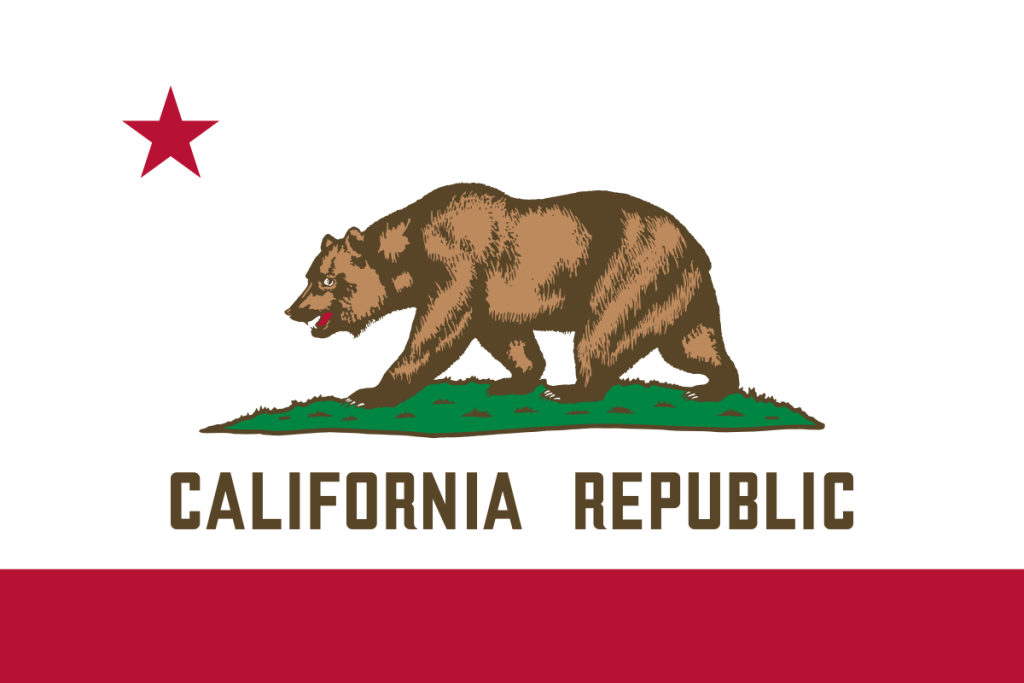
Historically, California and other states’ voters have shown strong support for minimum wage increases. From 1996 to 2022, there were 28 minimum wage measures on ballots, with 26 approved and only two rejected. The most recent approvals came in November 2022, when voters in Nebraska and Nevada passed their own minimum wage increase measures. Montana and Missouri defeated their initiatives.

The debate over the $18 minimum wage initiative is poised to intensify as the November election approaches. Proponents argue that higher wages are necessary to combat the rising cost of living and to provide a livable income for all Californians. They cite the widening gap between wages and living expenses as a critical issue that needs immediate attention.

Opponents, however, warn of potential negative economic consequences. They argue that mandatory wage increases could lead to higher costs for businesses, which might result in reduced hiring, increased prices for consumers, or even business closures. They believe that wage levels should be naturally regulated by the economic environment rather than enforced by law.
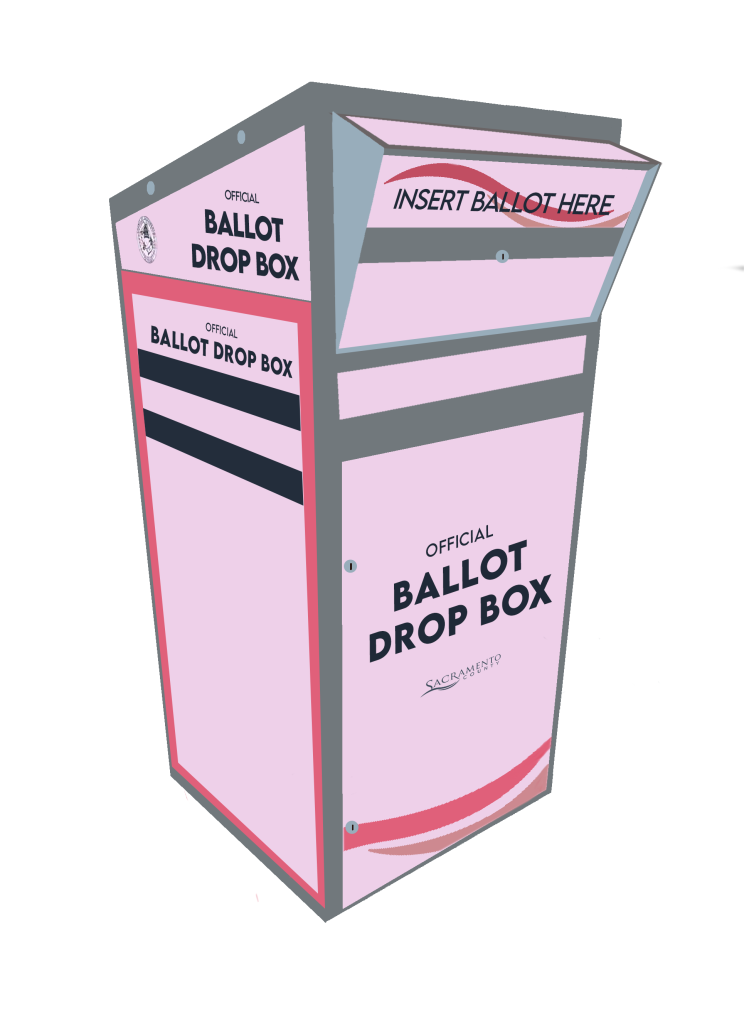
As California voters prepare to cast their ballots, the outcome of this initiative could set a significant precedent for wage policies nationwide. The results will not only affect the state’s workforce but could also influence similar efforts in other states facing comparable economic challenges.
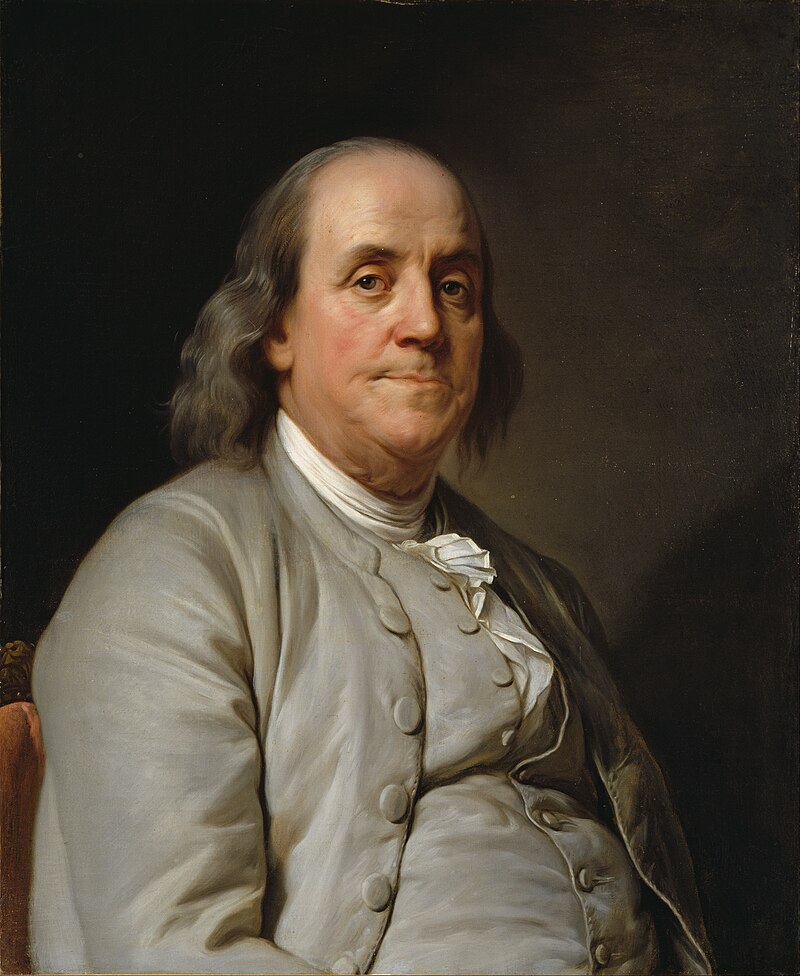
In the words of Benjamin Franklin, “When the people find that they can vote themselves money, that will herald the end of the republic.” This sentiment echoes in the current debate, highlighting the tension between democratic decision-making and economic principles. The decision on the $18 minimum wage initiative will be a pivotal moment in California’s economic and political landscape.
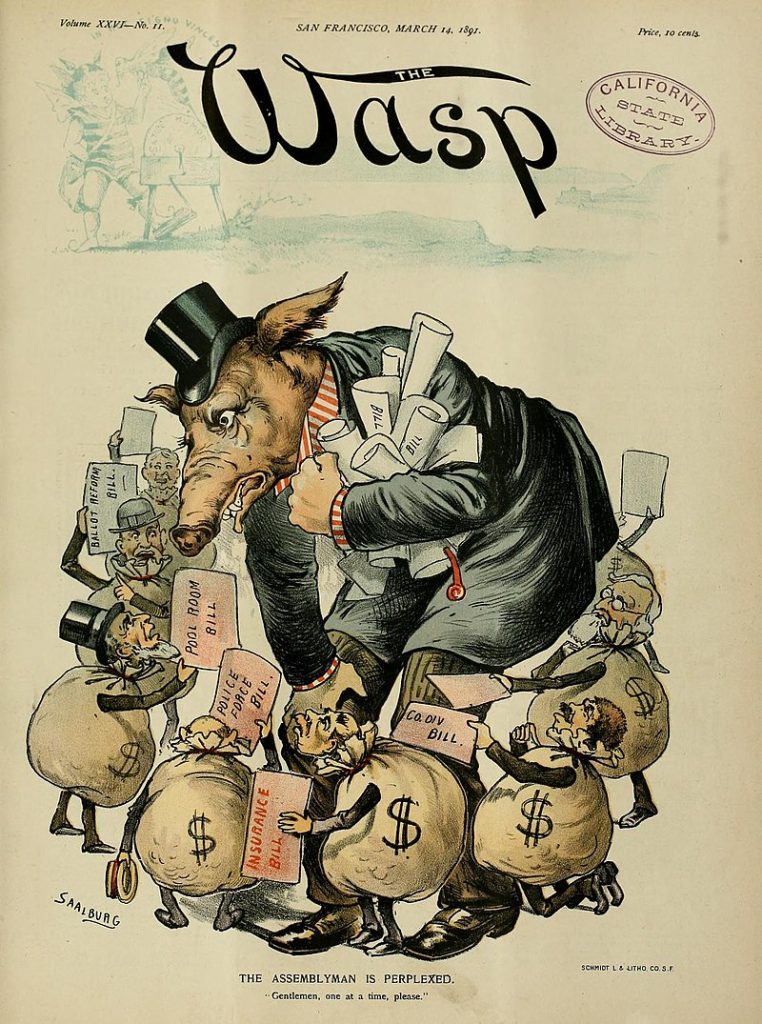
As the campaign unfolds, both supporters and opponents will undoubtedly ramp up their efforts to sway public opinion. The ultimate decision lies in the hands of the voters, who must weigh the benefits of higher wages against the potential economic impacts on the state’s businesses and overall economy.

